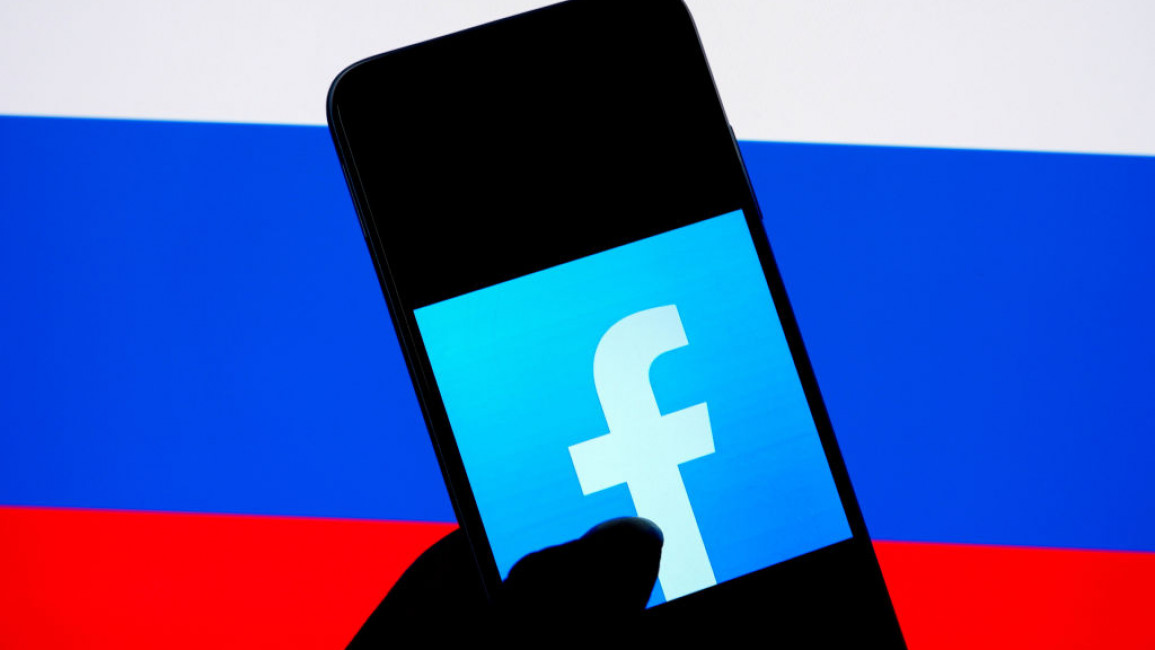UN slams Facebook's temporary policy change allowing for 'violence speech' against Russians
The UN voiced alarm on Friday at Facebook's decision to temporarily ease its policy on violent speech after Moscow's invasion of Ukraine, warning it could spark "hate speech" against Russians.
The policy decision from Facebook and Instagram's parent company Meta on Thursday said the platforms would now allow statements like "death to Russian invaders" but not credible threats against civilians.
"This is clearly a very, very complex issue, but it does raise some concerns under the terms of human rights law and international humanitarian law," UN rights office spokeswoman Elizabeth Throssell told reporters in Geneva.
In its statement Thursday, the firm pointed to the Russian invasion of Ukraine that began on February 24.
"We have temporarily made allowances for forms of political expression that would normally violate our rules like violent speech such as 'death to the Russian invaders'," it said.
It added that it "still won't allow credible calls for violence against Russian civilians".
Throssell warned that the new policy lacked clarity, which "could certainly contribute to hate speech directed at Russians in general".
"That would be really concerning," she said, adding that the UN rights office planned to raise its concerns with Meta.
"We may encourage them to look at certain harms that come with this change of policy," she said.
Throssell acknowledged that the issue was legally complex and freedom of speech concerns also needed to be considered.
"In an ongoing conflict, seeking violence against those who are directly engaged in hostilities would likely not be prohibited speech," she said.
"This needs more analysis from our side, and also more information from Meta."



